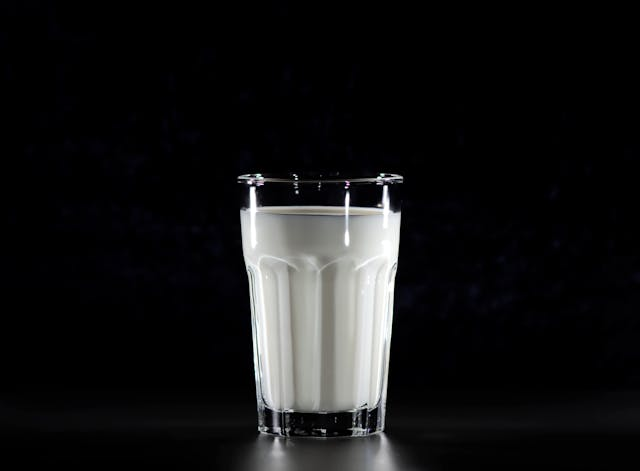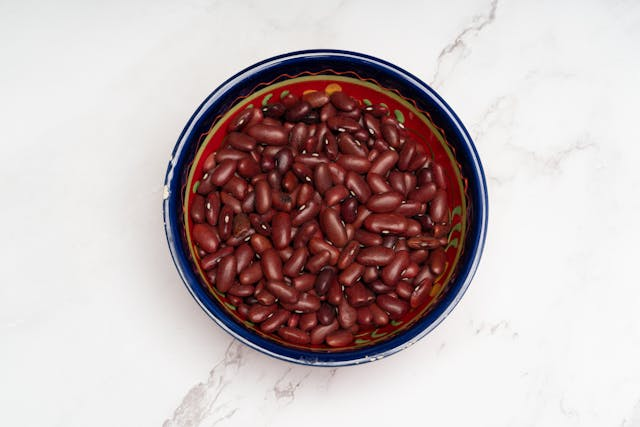
These are the Main Irritable Bowel Syndrome Foods to Avoid
Time to read 3 min
Time to read 3 min
You should have a list of irritable bowel syndrome foods to avoid so that you're able to prevent a flare-up and inflammation symptoms. These foods are common allergens and triggers in the case of IBS and can be tested through an elimination diet.
An elimination diet allows you to add certain foods and remove certain triggering foods. This allows you to have a baseline of non-flare up activity through the right foods. You can also get digestive rest, and ease some of the symptoms that you may be experiencing by eliminating common trigger foods.
The best approach is to get a complete gut health check up done as well as a blood test. You should be able to get more medical insights about your digestive output, as well as an allergen test to know what foods aren't right for consumption.
You can remove these foods or focus on alternatives so that you're able to go about your daily routine. You can also focus on removing these foods when you are dining outdoors or are visiting someone's place.
You can opt for lactose free milk as an alternative to dairy, as dairy may be a trigger for some people with IBS. Dairy can also cause gas and bloating in some people, which can lead to body aches and reduced sense of wellbeing.
Gluten related disorders may be related with IBS symptoms, which is why it is recommended to cut out gluten for a short-term period. You can measure your comfort level as well as gastrointestinal symptoms, by reintroducing minor portions at a time.
Beans can cause gastrointestinal reflux in some people, which is why it is important to cut this food out during the early stages of your IBS management. You can also focus on removing all types of beans, such as kidney beans, pinto beans, white beans, etc.
Some artificial sweeteners such as those containing sorbitol, maltitol, or xylitol, can lead to IBS symptoms in some people. Your body may not be able to digest them readily, which is why they can cause flare-ups.
These are some of the major food types that you should eliminate if you are already consuming large amounts of packaged foods. You can replace them with home cooked options, such as apple chips, sweet potato chips, etc.
While fried foods are often seen as a celebratory food type, you should avoid them to improve your digestive system functioning. The oils and the frying process may cause IBS symptoms in some people, which is why cutting these foods out will be important.
You should start by adding these types of foods into your diet to improve your IBS symptoms.
Curds, kombucha, pickles, and other probiotics are important for improving digestive health.
High fibre foods, such as broccoli, almonds, sprouts, dried foods, etc. will be helpful in improving your IBS symptoms.
Dark leafy greens contain vitamin K, B, and C, which are vital for improving digestion, balancing hormones, and improving overall health.
Apples contain fibre and natural sugar alcohols, which improve your overall sense of wellbeing and health.
Strawberries, blueberries, and other berry foods are important for improving digestion. They contain healthy fibres that help bowel movements.
Your chapatis and rotis, should include mixed whole grains so that you can benefit from the nutrition value of these foods.
Papaya contains a digestive enzyme called papain, which is good for improving the gut microbiota.
Along with following a low FODMAP diet, you can focus on these areas to improve your digestive system functioning. Your irritable bowel syndrome IBS symptoms should also lower in intensity over time, when you focus on these areas long-term.
You can cut out certain diet and lifestyle habits that can trigger IBS symptoms. Excessive smoking and drinking can make IBS symptoms worse, which is why IBS patients or people with IBS should change their habits.
Exposure to high stress environments can worsen IBS symptoms, making irritable bowel disease harder to manage. You should focus on removing yourself from stressful situations, focus on meditation, yoga, etc.
Certain foods such as dairy products, insoluble fiber, soluble fiber, yeast, barley, etc. can be allergens for some people. They may lead to IBS triggers, causing abdominal pain and bloating.
Blood testing can help identify certain markers of digestive functioning, immunity, and overall wellbeing. You should get a complete check-up done if you are experiencing the trigger symptoms.
* Medical Disclaimer - This information is for educational purposes only. No information provided on this website, including text, graphic, and images, are intended as substitutes for professional medical advice. Please consult with your doctor about specific medical advice pertaining to your condition(s).


